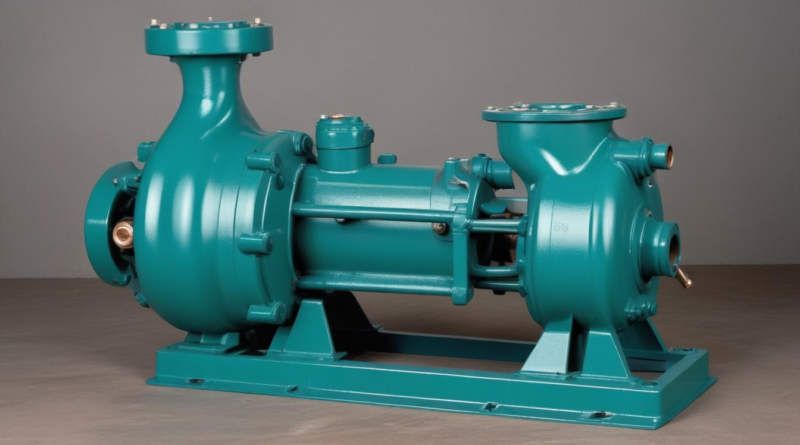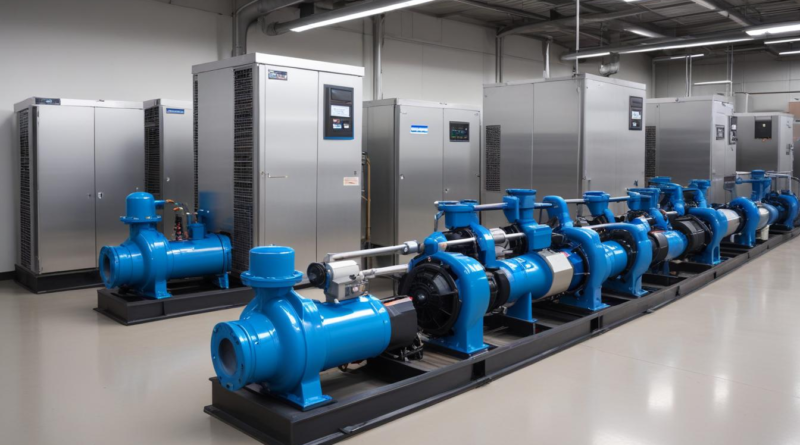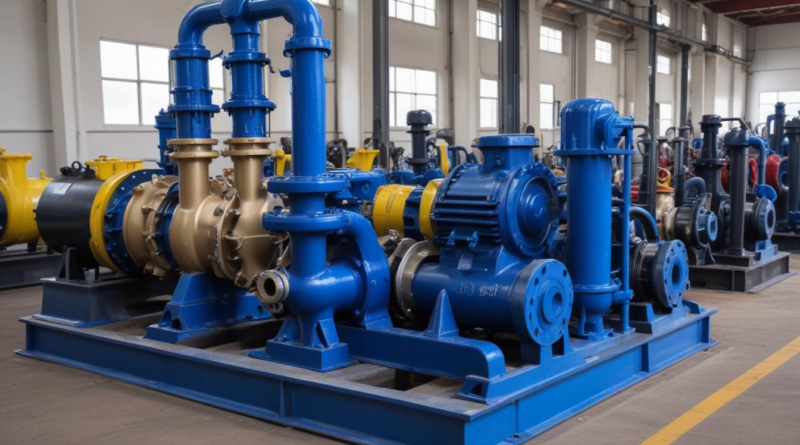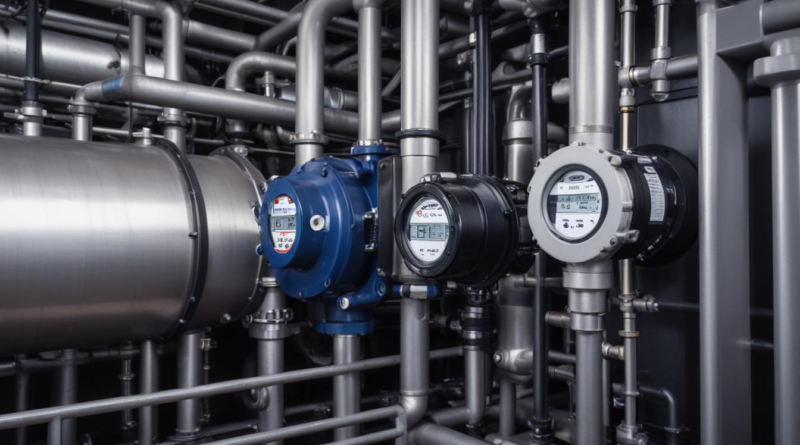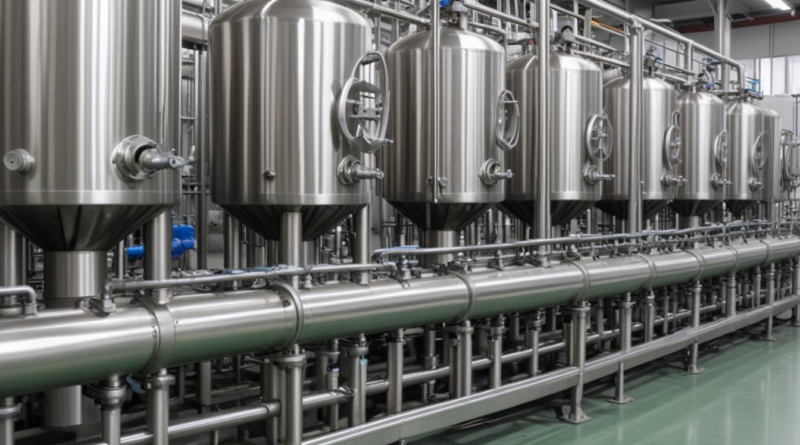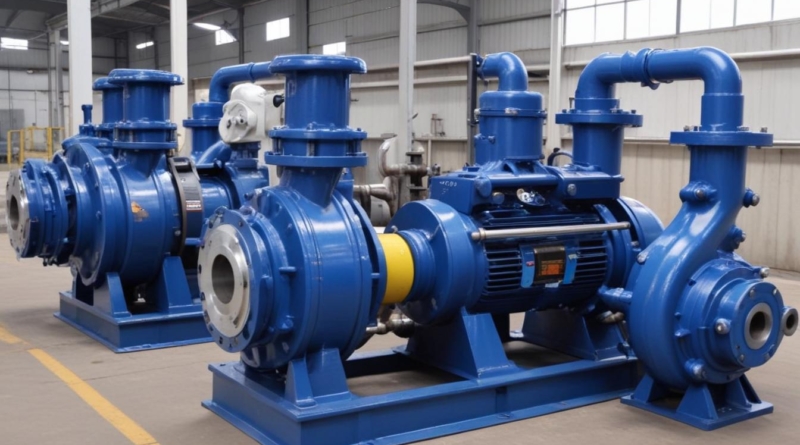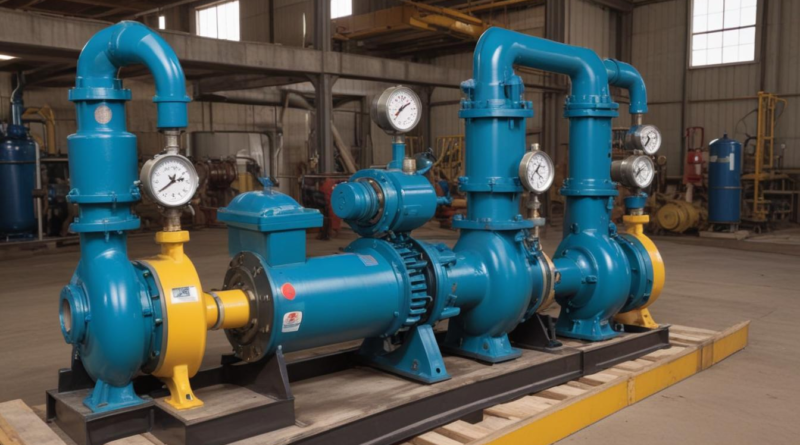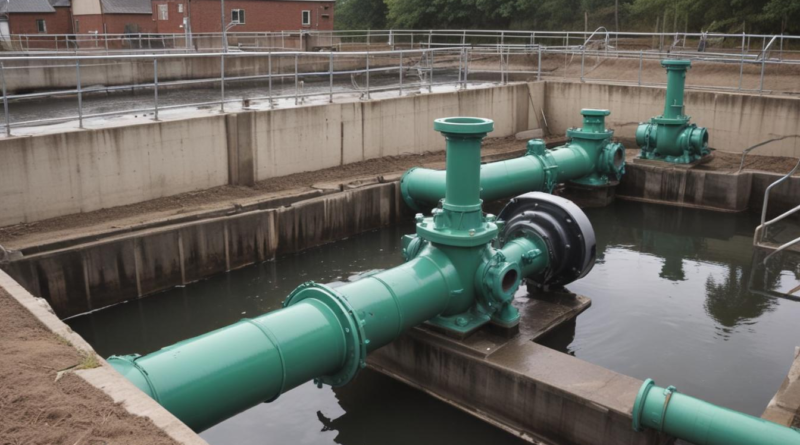understanding centrifugal pumps
Centrifugal pumps transform rotational energy into efficient fluid movement, serving as vital components in numerous industrial, commercial, and residential applications. By utilizing key components like impellers and casings, these pumps manage flow rates and pressure effectively. Various types, including single-stage, multi-stage, and magnetic drive pumps, cater to specific needs such as water treatment, oil and gas processing, HVAC systems, and domestic water supply. Understanding their operational principles and performance characteristics is essential for optimizing selection and ensuring reliable, energy-efficient fluid handling across diverse environments.
Read More
